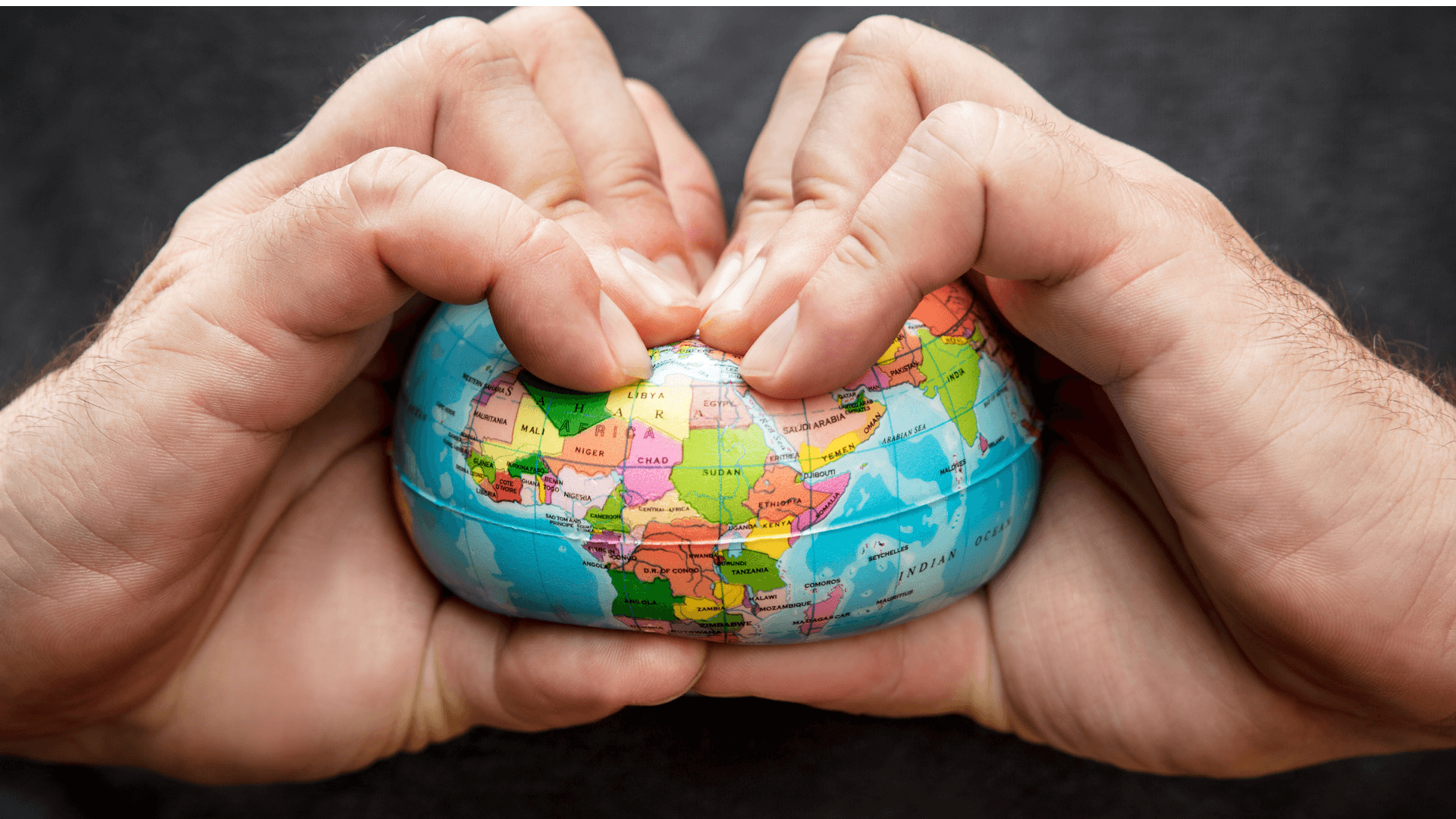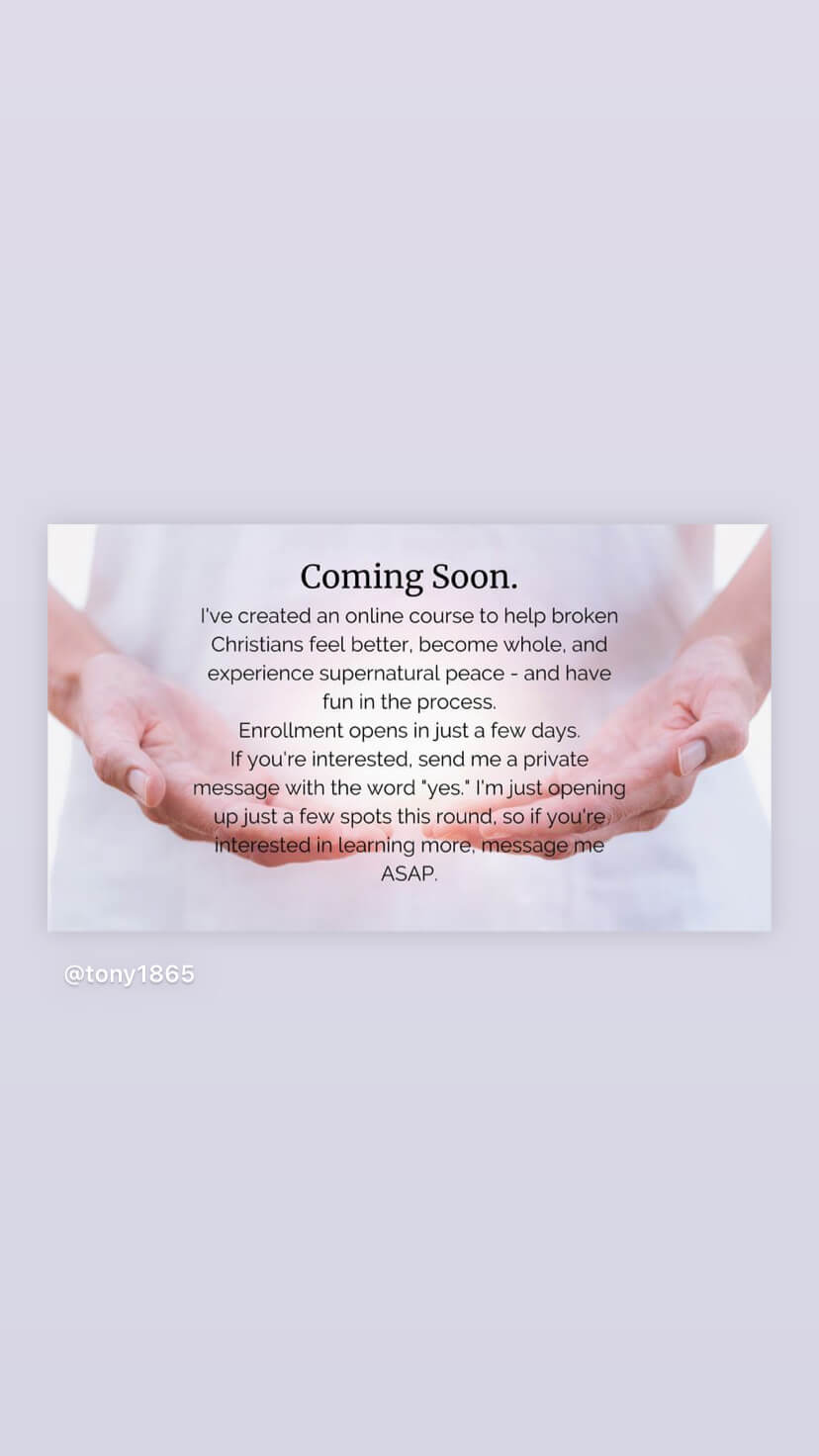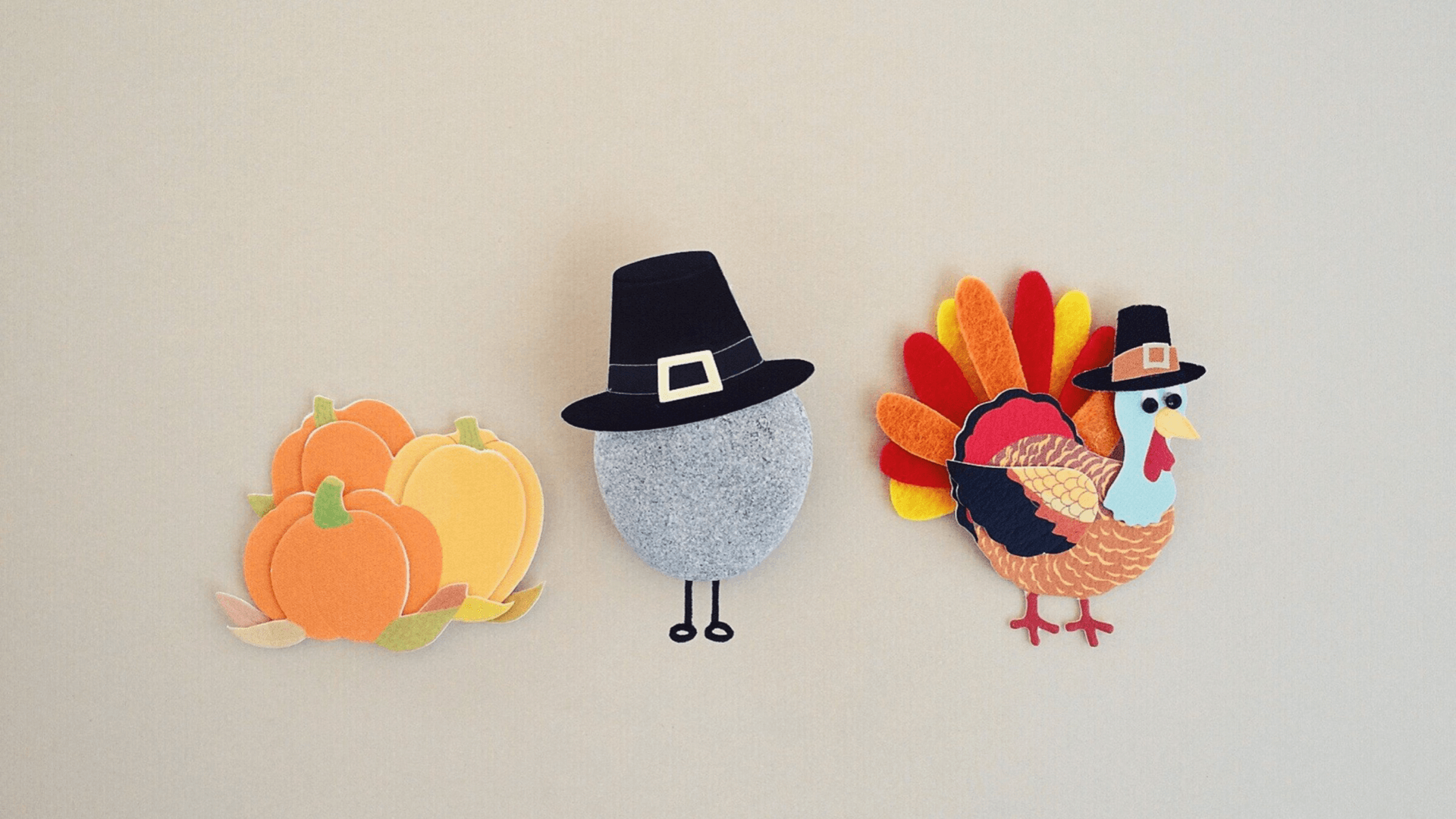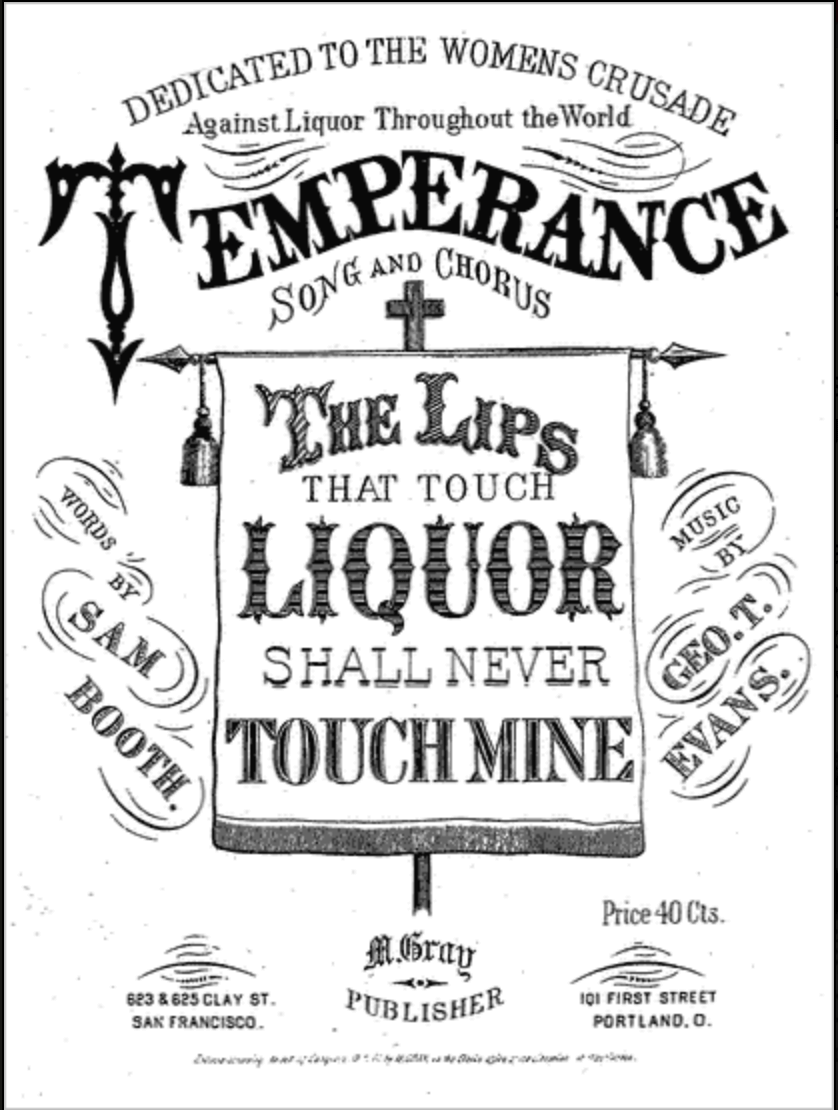Do you enjoy conspiracy theories?
So, conspiracy theories. Do you enjoy them? If you do, you’re probably the happiest you’ve ever been.
I’ve been thinking about the mechanics and mindset of how conspiracy theories work. My conclusion is that conspiracy theorists can often create a world that is much worse than the one they actually live in.
This may seem like an odd topic for a blog that proposes to be encouraging and uplifting. I intend to take this to a virtuous place, and we’ll end up there. Promise.
I’d add, too, that this isn’t about COVID, necessarily. The pandemic (or whatever it is, assuming you don’t buy into the notion that this is a pandemic) is a ripe place to look for conspiracy theories, but it certainly isn’t the only place. I’ll strive mightily not to judge you or your beliefs – I have my own, as do you. So, no condemnation.
I’ll make a distinction between conspiracy theories and plots. History is rife with plots – starting wars, planning assassinations, even the crucifixion of Jesus Christ. A conspiracy theory, though, operates in a different realm. I’ll give you an example.
I’m old enough to remember the assisination of President Kennedy. The official final word is that Lee Harvey Oswald acted alone. But did he? I won’t use my space here to delve into other theories, because there are a gazillion out there.
Here’s what common sense would say. Kennedy was considered the leader of the free world, right? Isn’t that the traditional title bestowed on the President of the United States? So is it plausible that a “nobody” could pull off such a heinous act? I mean, isn’t it more reasonable to assume that someone or a group equally as powerful as Kennedy had to have been responsible? Because if an Oswald could pull something like this, then none of us are safe.
Well, that’s kinda scary. So the natural human impulse is to seek out what really happened, because the thought that one person, working alone, could assassinate the President is much more disconcerting than believing there was a worldwide conspiracy in place.
Who, then, benefits in a conspiracy theory? If you want to use COVID as an example, then in whose interest is it for people to stay home, be unemployed, be inactive, lose jobs and income, place stress on close relationships, and watch as their mental, physical, and emotional health collapses. Who are the “they” that benefit from all this?
I think it is reasonable to assume that there are plenty of bad people out there who would relish the opportunity to profit from a tragedy. It happens all the time. Many years ago my hometown of Elba, Alabama, was flooded by a breach in the levy that surrounded the town. My parents’ home was right in the flood zone. As soon as the water subsided, it wasn’t long before they heard a knock at the door. There was a large truck and trailer, and a crew of men who wanted to pull up the existing ruined carpet in their house and replace it with fresh new carpet.
As it turns out, this was a legitimate business. My parents accepted their offer and had new carpet in a couple of days. The company made some money off my parents, money that wouldn’t have come their way if the flood hadn’t occurred. But did the carpet company cause the breach in the levy? Uh, no.
Because of some odd quirk in human nature, we assume there is a “they” out there. Off the top of my head, I can think of the Freemasons, the Illuminati, scientologists, FEMA, the New World Order, the Federal Reserve, Halliburton, Google, the Vatican, Bildurberg, Walmart, the Rothchilds, the Knights Templar, the UN, Skull and Bones, the Koch brothers, George Soros, the Trilateral Commission, the Knights of Malta, Exxon Mobil, Zionists, and the lizard people, who might be considered “they.”
“They” are at the heart of conspiracy theories.
So if the world is beaten down to a place of despair, famine, illness, and chaos, “they” benefit. “They” will force us to do awful things, like convert to the metric system or listen to atonal music.
What happens is that conspiracy theorists piece together a narrative based on snippets of evidence. Problem is that they don’t ask themselves if such a conspiracy actually exists. They don’t challenge their own thinking. Rather, they simply want the essential parts of their story to mesh with the beliefs they identify with. (Read that again.) It’s easier for some to believe in lizard people running the world, because that absolves them from accepting the reality that we live in a fallen world where bad things – disease, poverty, natural disasters, etc. – happen, and happen frequently.
The impulse is to find scapegoats – someone has to be responsible for the bad.And that someone is out to get us. And, by golly, we won’t be enslaved by some nefarious overlord.

If you’re still with me, hear this: evil is rampant in the world. Satan wants to destroy. He uses human agents to further his wicked purposes. This is a fact. If you are a believer, you know this already. More on that later.
The problem is that we can struggle with identifying what is real wickedness. I’d suggest that conspiracy theories are, in themselves, potentially satanic. Conspiracy theories divert us into looking at imaginary, irrational beliefs rather than identifying where the true evil lies.
Conspiracy theorists tend to flock together. There is much comfort in hanging out with those of like mind. It’s sort of like England during the World War II blitz – “we are all suffering together, and we need to mount some kind of resistance.”
Resisting evil is always appropriate. Fight it tooth and nail. Just make sure you’re fighting a real enemy and not some imaginary boogeyman.
I’ve observed that people resent it when I’m not as troubled as much by the world as they are. I see evidence of that in veiled or sometimes overt putdowns. Using terms like “sheeple” or being encouraged to “wake up” are very revealing. Devaluing me is not a good way to bring me around to your way of thinking.
Conspiracies are like chains. The more involved in a conspiracy, the more likely it will be outed, just like that weakest link will snap. Conspiracies won’t stay a secret when there are a lot of people involved. Occam’s Razor comes into play here, too – what’s the most likely scenario? It’s going to be the simplest. Conspiracy theorists always give people more ability and competency than they actually have.
Speaking to my fellow Americans … most of us have never experienced a major catastrophe. We missed the 1918 flu epidemic, we missed the Great Depression, and for the most part missed the two world wars. We’ve seen bad things happen in other countries, but not in ours. So if we’re being submitted to a major catastrophe these days, there has to be a deliberate hand at work, right? There has to be a plot of some sort of evil human design. That’s the way many people try to make sense of it.
I’ll say this again. We live in a fallen world. We deal with evil in tangible and spiritual ways alike. Before Jesus returns, we will continue to live in this fallen world. What are we to do?
We are to fight the real evils, not the sensationalized, hysterical, unreal monsters. Let’s make a difference in the life of that terrified young lady who is pregnant and alone, or the neighbor who is dealing with their spouse who is terminally ill, or the family who, through no fault of their own, has had their electricity turned off because both the mom and dad are out of work and struggling to find jobs.
Be salt and light. Encourage the downtrodden with words and deeds. If you want to invest in something, invest in that individual who is yearning for Jesus and doesn’t even know it. Use the energy you’re expending in wondering what the Freemasons are up to into the life of someone you can actually impact with Christ’s love.
Talk later! And remember – it’s always appropriate to look in the mirror from time to time and say, “You know, I could be wrong.”





